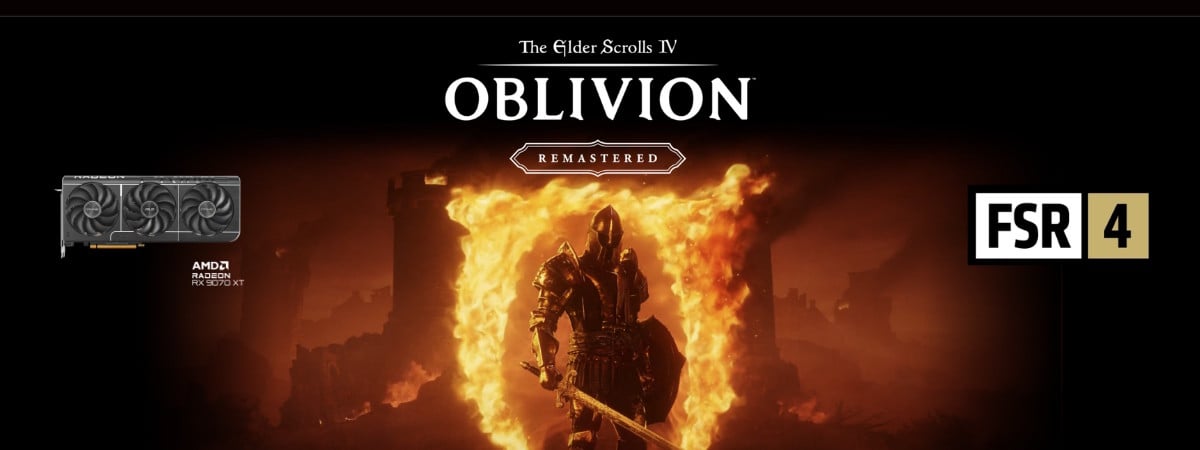When the JFK Assassination Files Will Be Released and Where to Read Them

Among the panoply of executive orders signed by president Trump in his first week in office is a directive of special interest to conspiracy theorists: on Thursday, Trump directed the federal government to “present a plan to the President for the full and complete release of records relating to the assassination of President John F. Kennedy,” as well as the assassinations of Senator Robert F. Kennedy and the Reverend Dr. Martin Luther King, Jr.
“That’s a big one, huh? A lot of people are waiting for this for a long—for years, for decades,” the president said upon signing the order. You can read the full executive order here.
How to see the declassified JFK, RFK, and MLK assassination documents
If you’re hoping Trump’s order will result in The Feds uploading tons of spicy files this afternoon, you’ll be disappointed: this is still the federal government we’re talking about. Instead of insta-revelations, the executive order gives the Director of National Intelligence and the Attorney General 15 days to review records related to the assassination of JFK, 45 days for records related to MLK and RFK, and then “present a plan” to the President for the “full and complete release of these records.”
Any new JFK files that get released will likely join the JFK archive maintained by the National Security Agency, where they’ll join nearly 5 million pages of records related to the JFK assassination that are already publicly available. According to the National Archives and Records Administration, 97% of the government’s records related to the JFK assassination are already public.
Whether the president will release complete, un-redacted files and documents associated with the assassinations to the public remains to be seen. There’s nothing preventing Trump from looking at the plan, saying, “fantastic work,” and not doing anything.
The president has the discretion to weigh public interest in disclosure against information that would harm intelligence or military operations, law enforcement, or foreign relations. How Trump might judge these options is unknown, although, for what it’s worth, the executive order states that “all records in the Federal Government’s possession pertaining to each of those assassinations is also in the public interest.”
Didn’t this already happen?
If this news gives you a vague sense of déjà vu, it’s understandable. Back in 2017, during Trump’s first term as president, the president announced he was opening the JFK files:
This Tweet is currently unavailable. It might be loading or has been removed.
Since then, dribs and drabs of new information about JFK’s killing have been made public, but there are still thousands of documents that are sealed and countless redactions that could be removed from publicly available documents.
The real bombshells might not be about either Kennedy
Conspiracy theories regarding the assassination of John F. Kennedy have been a part of American culture since soon after the shooting, and, to a lesser extent, so have alternative theories about RFK’s death, so all publicly available documents related to both Kennedy assassinations have been pored over extensively by generations of amateur researchers and historians. But public interest in conspiracies surrounding the assassination of Martin Luther King Jr. hasn’t been as prevalent, and could provide the biggest revelations—should the files related to the assassination actually see the light of day.
Members of the King family have long maintained that the official story— King was gunned down by petty criminal James Earl Ray—is bunk, pointing to the FBI’s long-running surveillance and harassment campaign against King and other discrepancies in the evidence surrounding the killing. In 1979, United States House Select Committee on Assassinations concluded that “there was a likelihood of conspiracy in the assassination of Dr King.”










